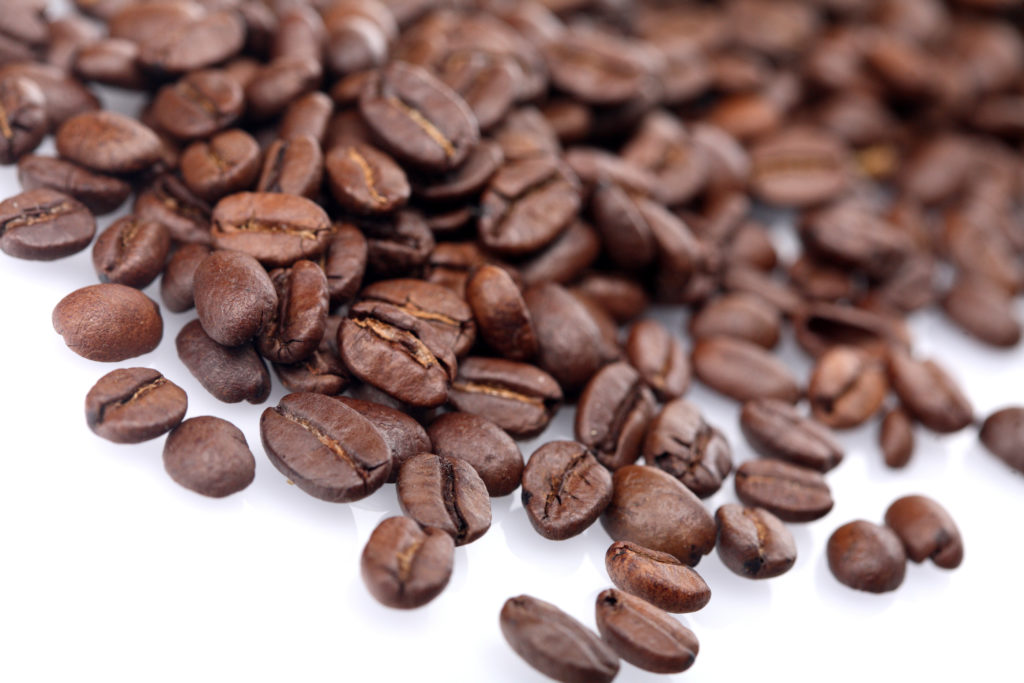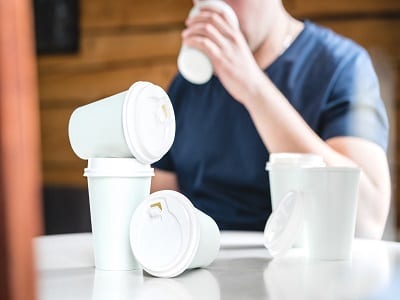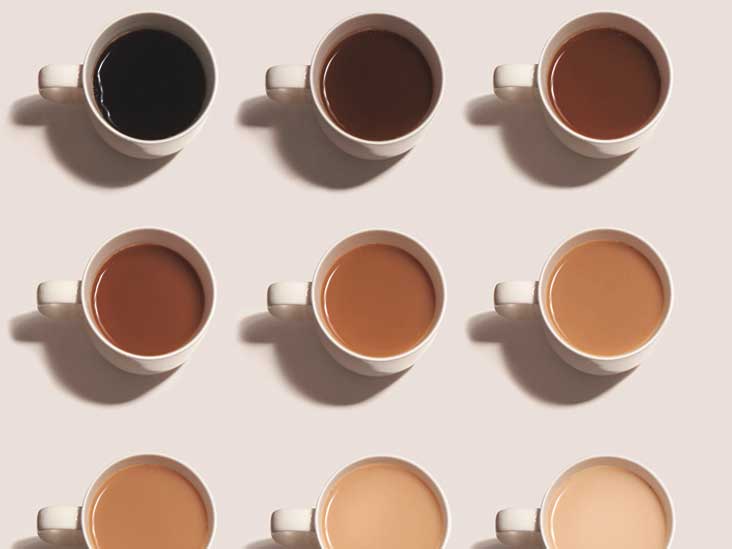Excitement About Caffeine Addiction Quiz - Lighthouse Network


Coffee addiction: Do people consume too much caffeine? - BBC News
About Caffeine addiction treatment center in Hawaii
Have a quick or irregular heart beat. Is caffeine addicting? Lots of people develop a tolerance for caffeine. This indicates that your body adjusts and gets utilized to having caffeine every day. Over time, you might find that you must keep increasing your caffeine intake to attain the wanted effects of awareness and capability to concentrate.
It raises dopamine, however the level is small. Illegal stimulants like methamphetamine ("meth") and MDMA ("euphoria" or "molly") trigger a big surge that messes with the benefit circuits in your brain. You get "addicted" to ecstasy, and "reliant" on caffeine. How long does caffeine last in the body? The results of caffeine can be felt as soon as 15 minutes after it is taken in.


5 Tips to Conquer a Caffeine Addiction Once and For All
6 hours after caffeine is taken in, half of it is still in your body. It can take up to 10 hours to completely clear caffeine from your bloodstream. How is caffeine utilized in medications? Caffeine is a common ingredient in lots of prescription and over the counter headache remedies, discomfort relievers and cold medications.

Editorial: Caffeine addiction is a vicious cycle - The Beacon
It assists your body soak up headache medications quicker. If you are concerned about your caffeine intake, read the item label on over-the-counter medications or the details sheet that comes with your prescriptions to figure out whether a medication contains caffeine. The FDA requires that the medication identifies list the amount of caffeine they consist of.
The Definitive Guide to Caffeine Addiction Side Effects and Withdrawal - Inspire Malibu
These products are not needed by law to show their caffeine content on the label, and there is no set requirement for caffeine content. What are some suggestions for quitting caffeine? This Website on the quantity of caffeine in your diet plan. Do not make the mistake of stopping totally. You'll likely experience withdrawal signs and go back to drinking coffee or soda or taking a headache medication with caffeine in it to make the symptoms vanish.
Avoiding the withdrawal symptoms is one of the most common reasons individuals continue their caffeine habit. To successfully decrease your caffeine consumption, slowly lower the quantity of coffee, tea, soda and energy beverages you have each day. Start to replace cold caffeinated beverages with water. Water is a healthy option and satisfies the requirement for consuming a liquid.
